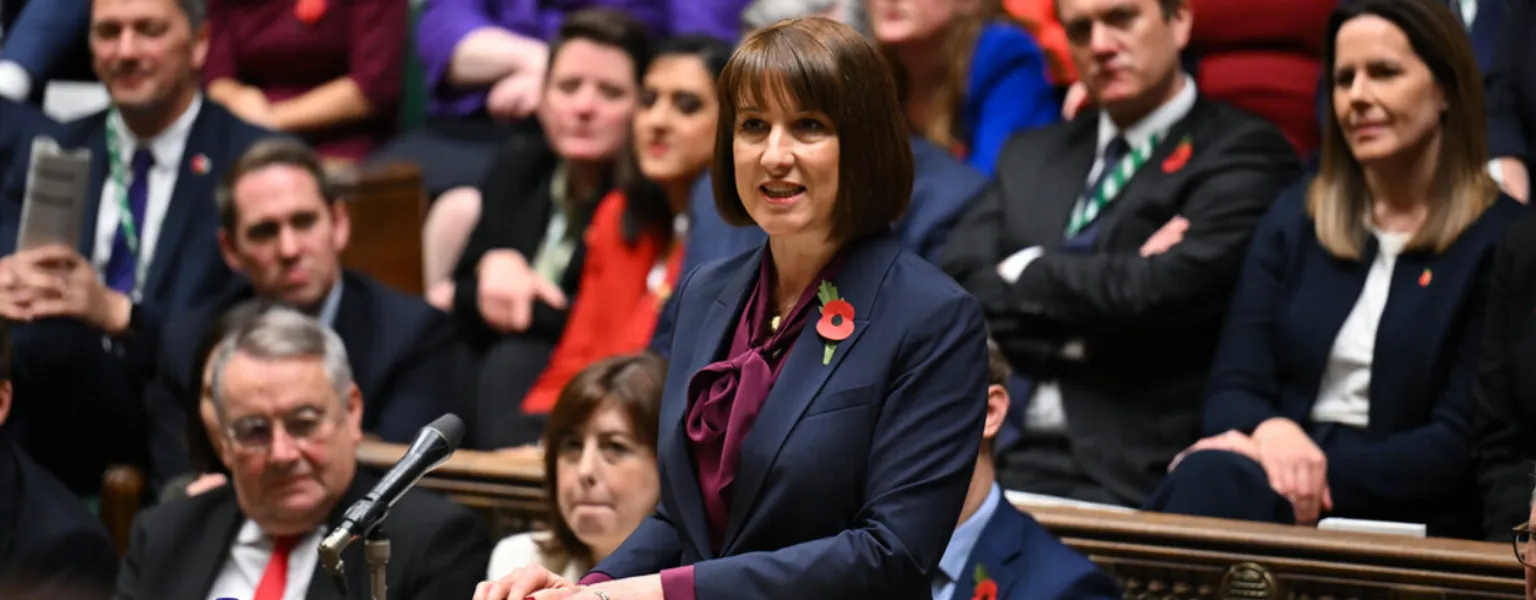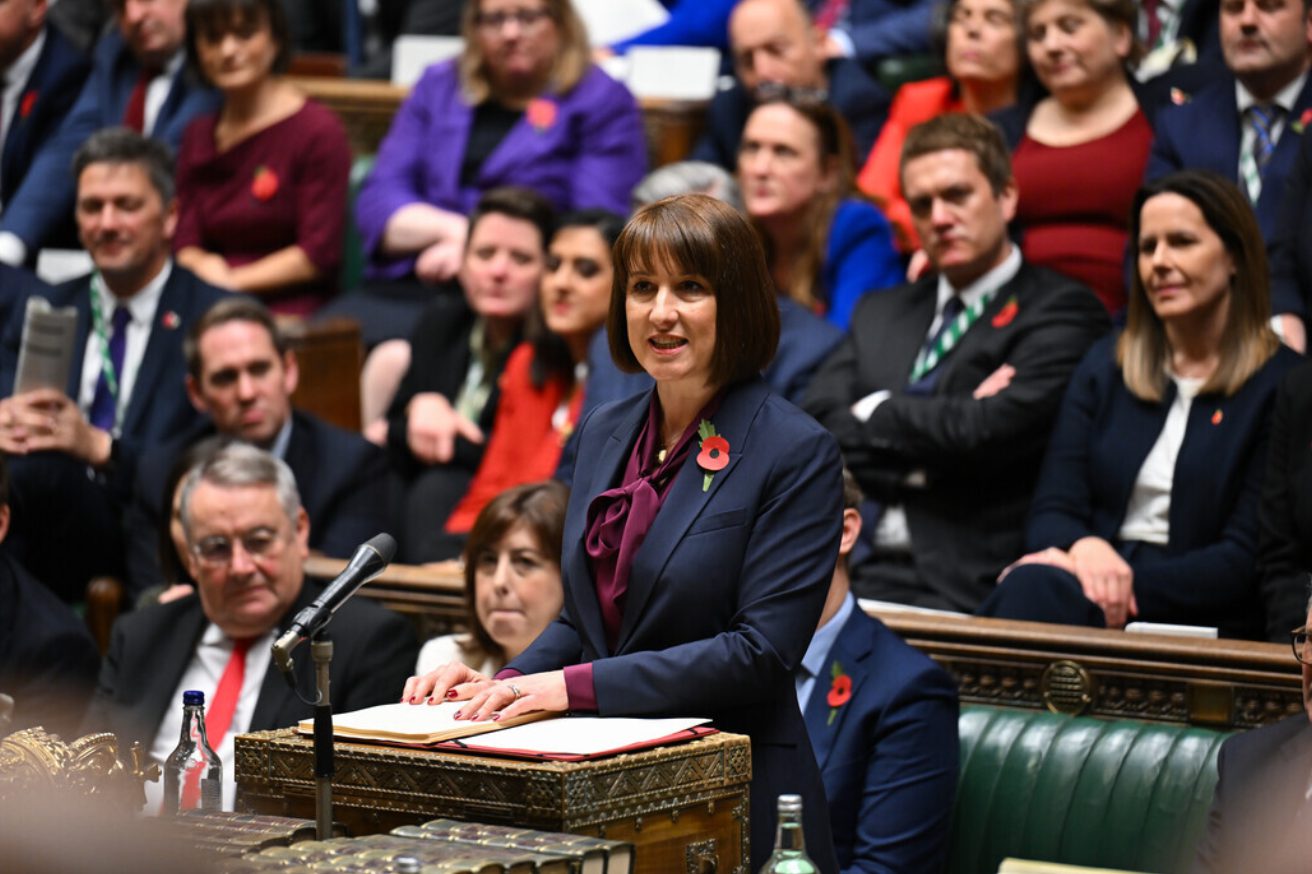UK Autumn Budget 2024: What it means for packaging

Business
The UK’s Autumn Budget of October 2024 introduced several policies that could impact the packaging industry, especially for manufacturers and businesses focused on sustainable practices. Here’s an overview of the key changes and their potential impact on the packaging sector.
Corporation Tax and National Insurance Contributions (NICs)
Starting in April 2025, the corporation tax rate for businesses with annual profits over £250,000 will remain at 25%, while smaller companies with profits below £50,000 will continue to be taxed at 19%. This higher rate for larger companies may pressure businesses across sectors, including packaging, to optimise operations and streamline production costs. Additionally, the announced rise in employers' NICs by 1.2 percentage points may increase staffing costs for manufacturing and distribution-heavy packaging companies, particularly those reliant on a larger workforce to meet production demands.
National Living Wage (NLW) increase
From April 2025, the National Living Wage for those aged 21 and over will rise by 6.7%, reaching £12.21 per hour. For packaging companies, which may rely on lower-wage labour for production or warehousing, this increase in labour costs could affect pricing structures or lead to adjustments in staffing practices. Companies may explore automation and other efficiency measures as they manage these rising personnel expenses.
Investments in sustainability
While the budget introduced no specific packaging taxes or levies, there were indirect measures encouraging sustainability. Increased spending on infrastructure and support for green technology is intended to support broader climate goals and could benefit packaging firms that are moving towards eco-friendly materials and processes. Packaging companies are likely to benefit from increased consumer and regulatory focus on sustainable practices, as they may receive incentives for reducing emissions or switching to lower-impact materials.
Implications for SMEs in packaging
Many small and medium-sized packaging firms may benefit from the expanded Annual Investment Allowance (AIA), capped at £1 million. This allowance, which lets businesses deduct the cost of qualifying capital investments from their taxable profits, could support companies investing in energy-efficient machinery or sustainable packaging technologies. Additionally, the budget’s National Wealth Fund allocation includes provisions for green innovation, potentially benefitting companies developing recyclable and biodegradable packaging options.
Impact on logistics costs and VAT changes
Logistics remains a significant factor in the packaging industry, and the budget addressed various changes impacting transport costs. While fuel duty remains frozen, the increase in other costs like NICs and wage hikes may cascade into higher logistics costs. For packaging companies, particularly those distributing nationally, these indirect expenses could lead to price adjustments, especially for firms focused on heavy or bulk goods.
Increased compliance for fraud prevention and VAT adjustments
Enhanced enforcement around VAT and fraud prevention may also impact the packaging sector, especially for companies that import or export packaging materials. The VAT and fraud compliance measures introduced in the budget aim to tighten reporting and accountability across sectors, impacting companies involved in cross-border supply chains.

In summary, while the Autumn Budget of 2024 does not directly target packaging, the cumulative effects of changes to labour costs, investment incentives, and sustainable practices could drive shifts in the industry’s economic and operational strategies. Packaging companies will likely need to adapt by optimising costs, investing in green technology, and preparing for potential wage and tax impacts.
Related News
-
Business
RECOUP calls for a more effective plastic packaging tax
-
Business
Packaging legislation – costs, customers and reconfiguration
-
Sustainability
WRAP urges government to ban plastic packaging for fresh produce
-
Business
MPMA: EPR fees threaten the future of metal food cans
-
Sustainability
Scotland considers 25p charge for single-use cups




